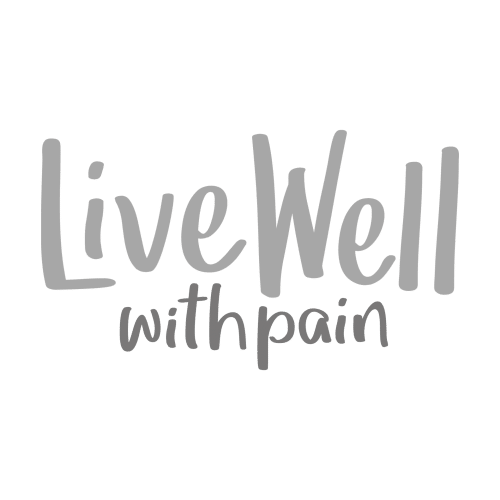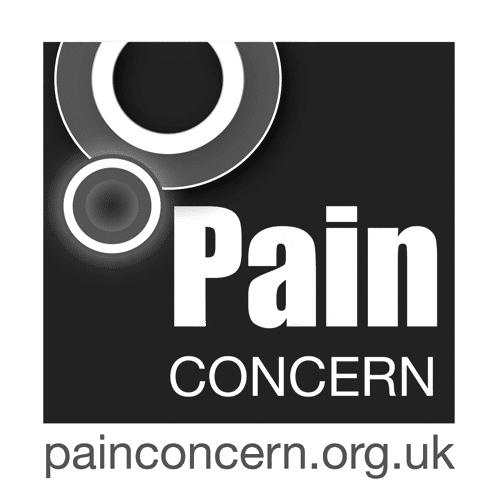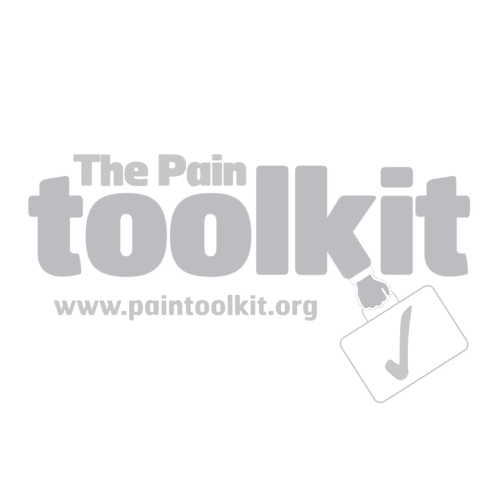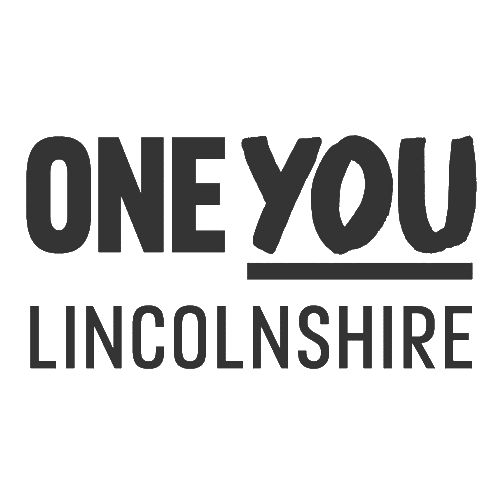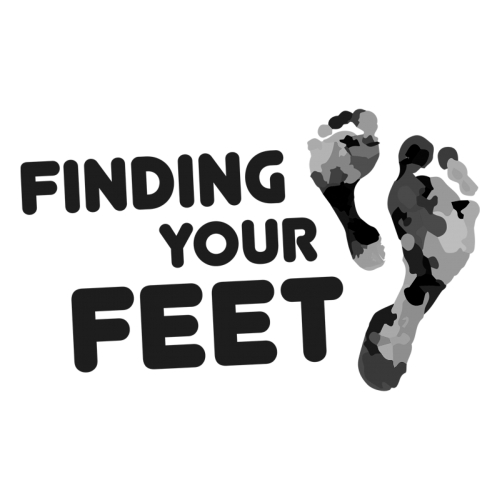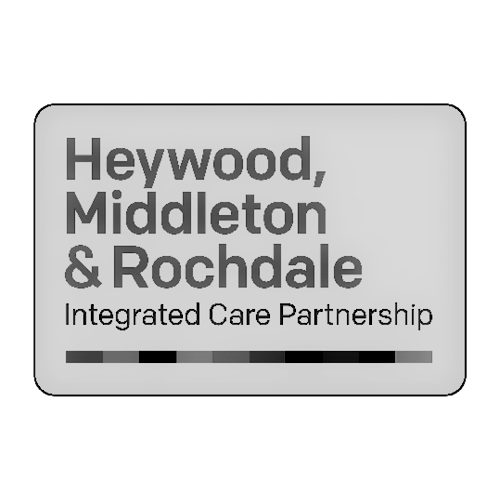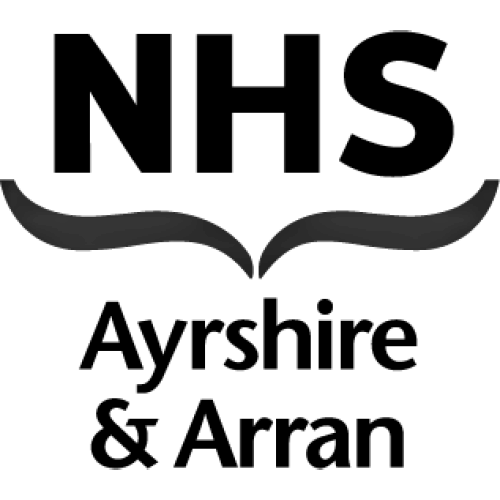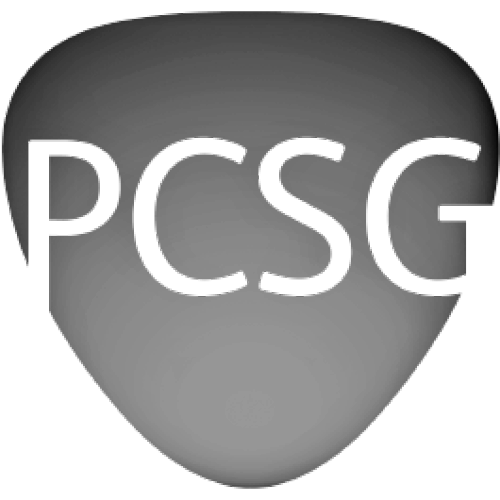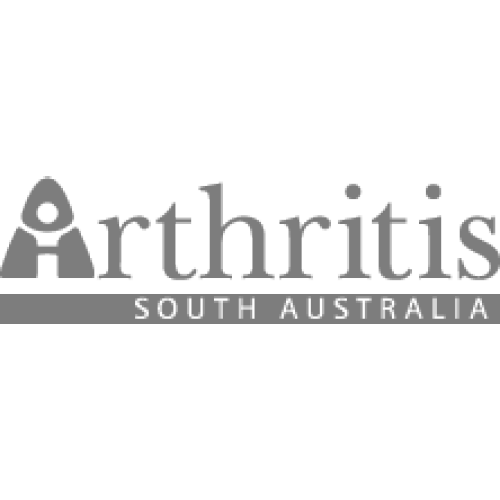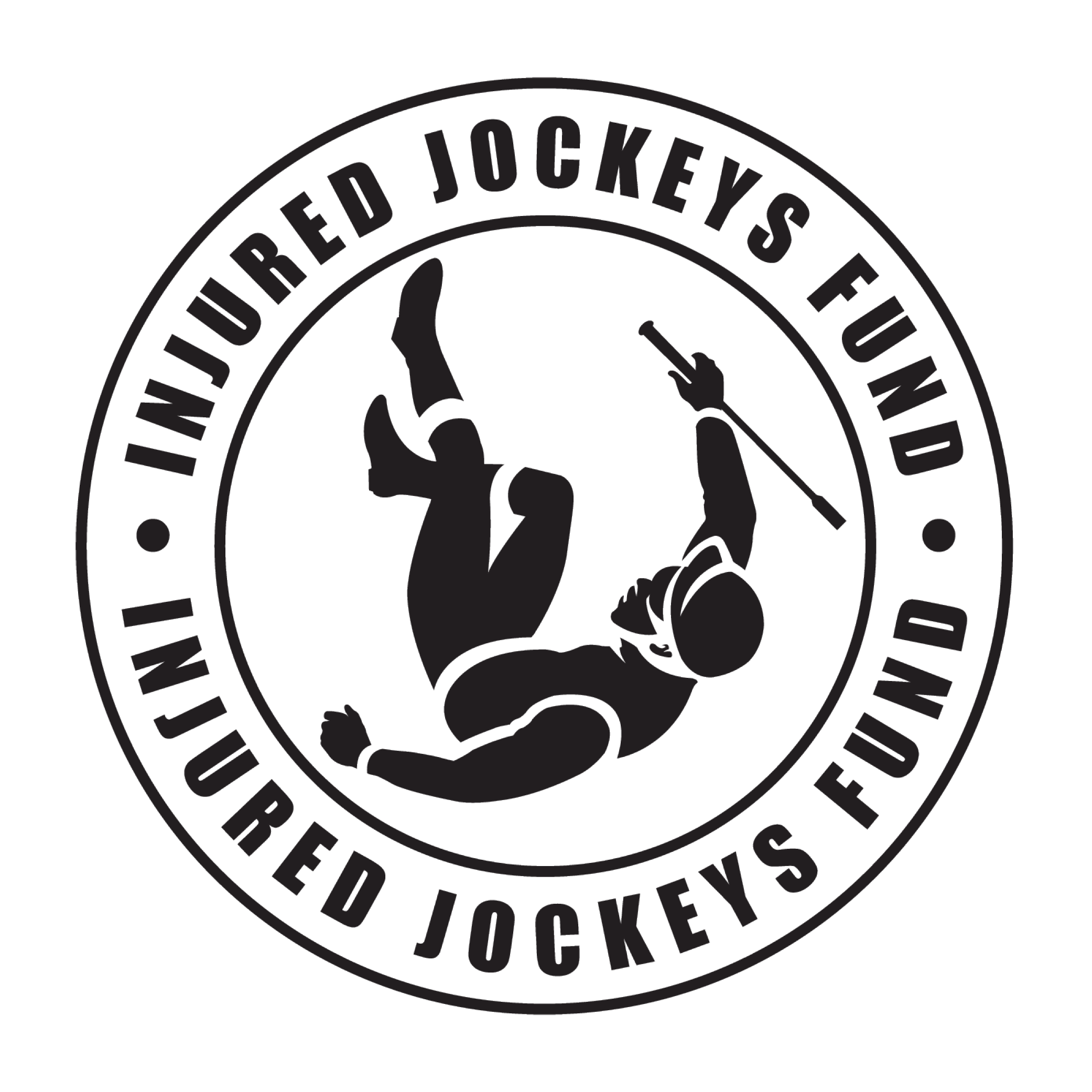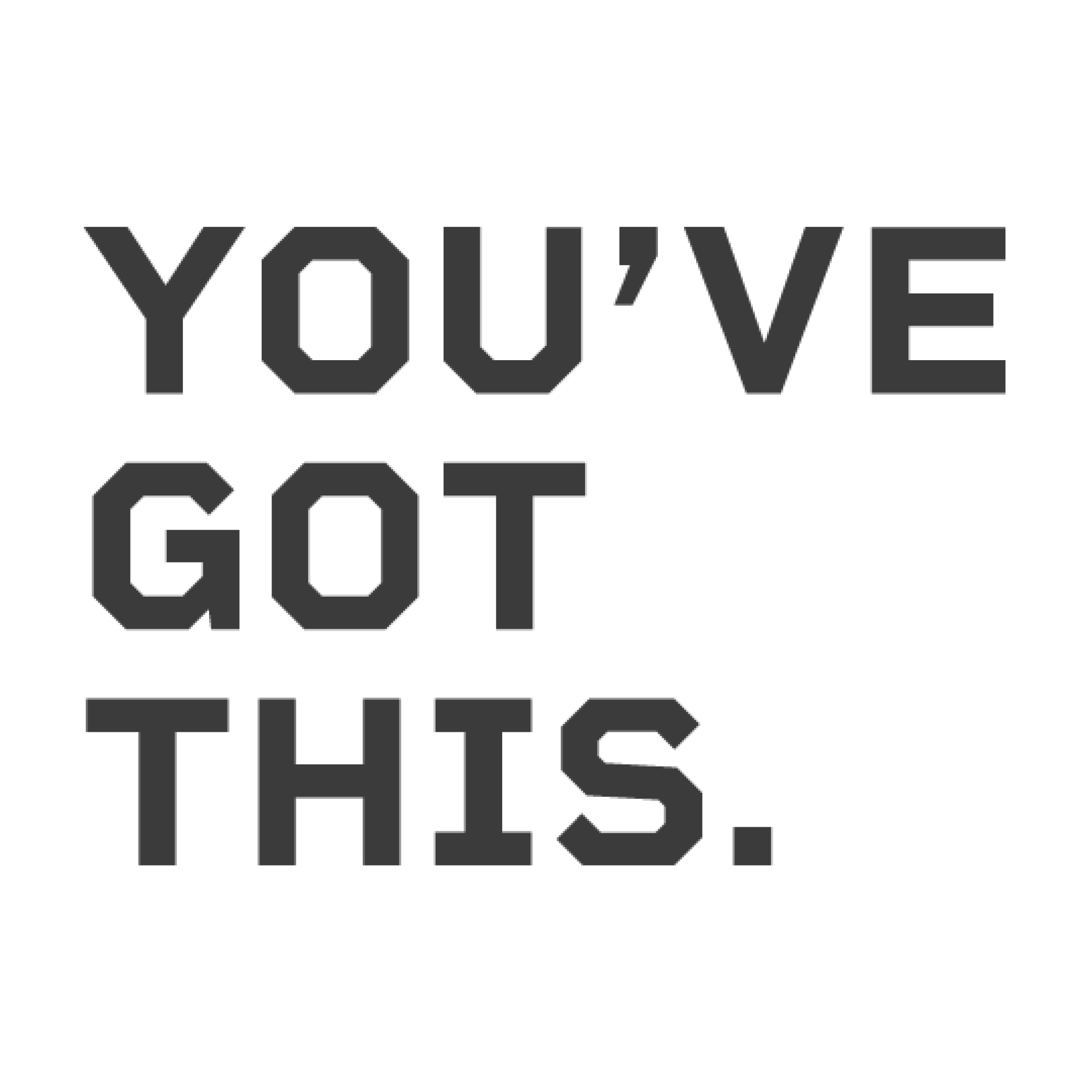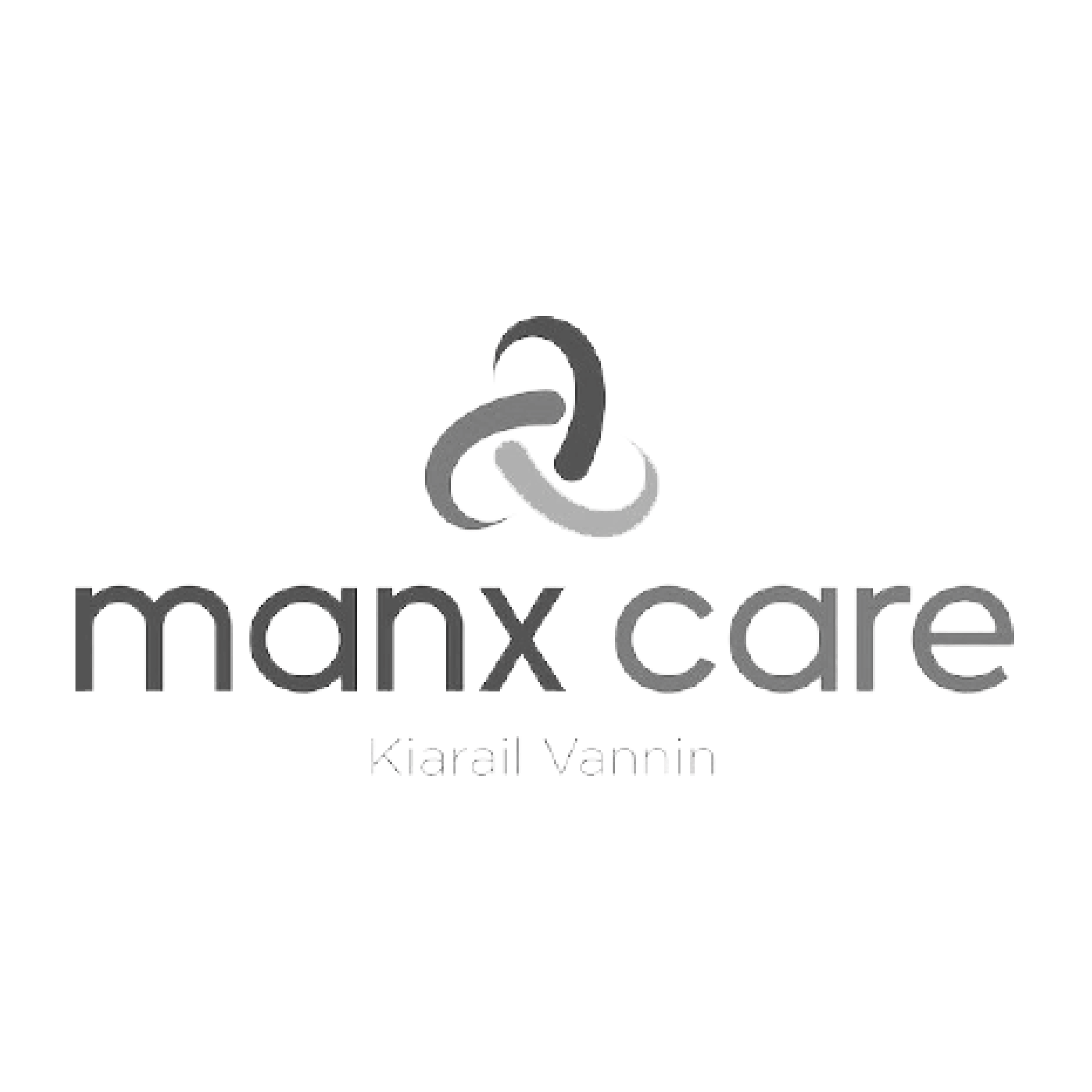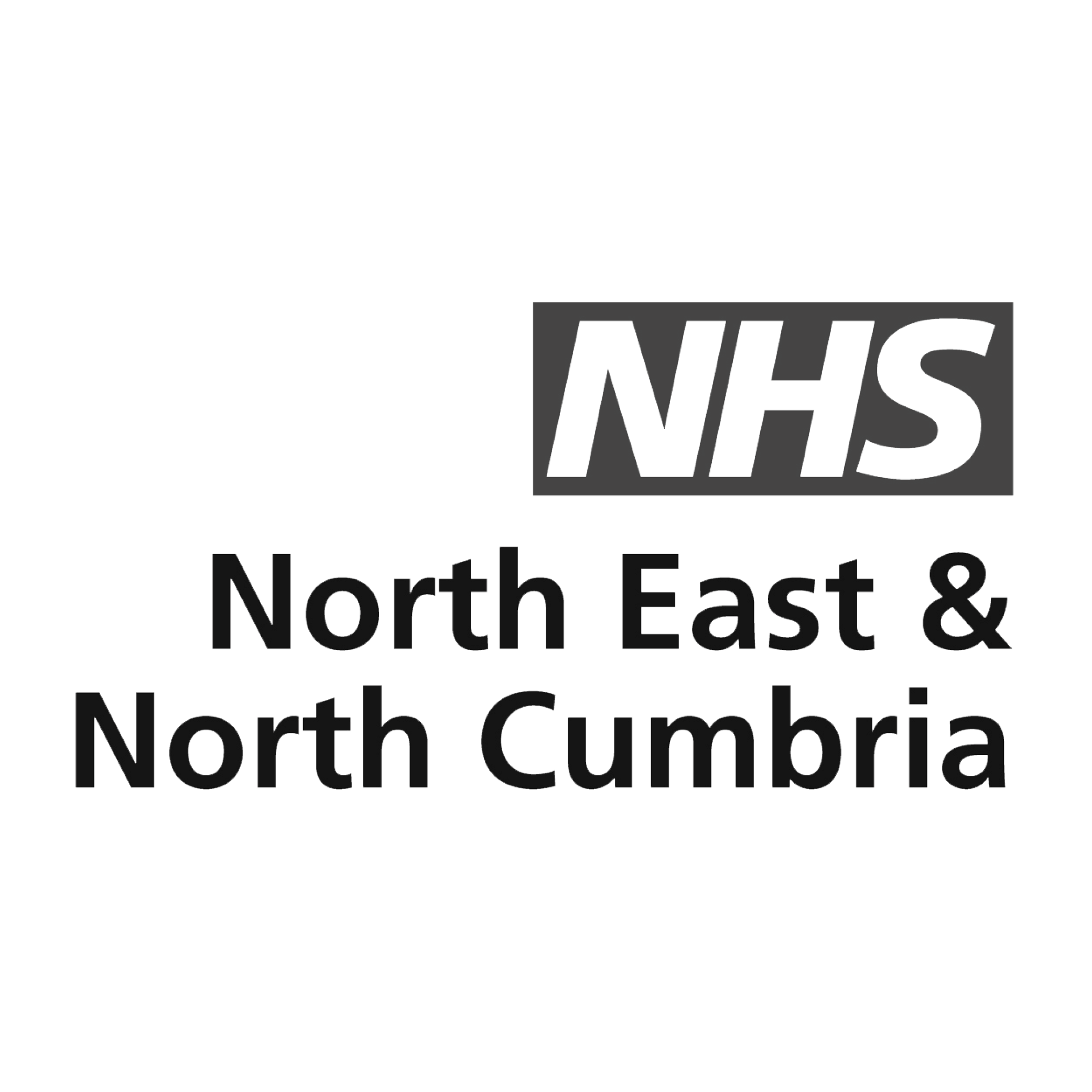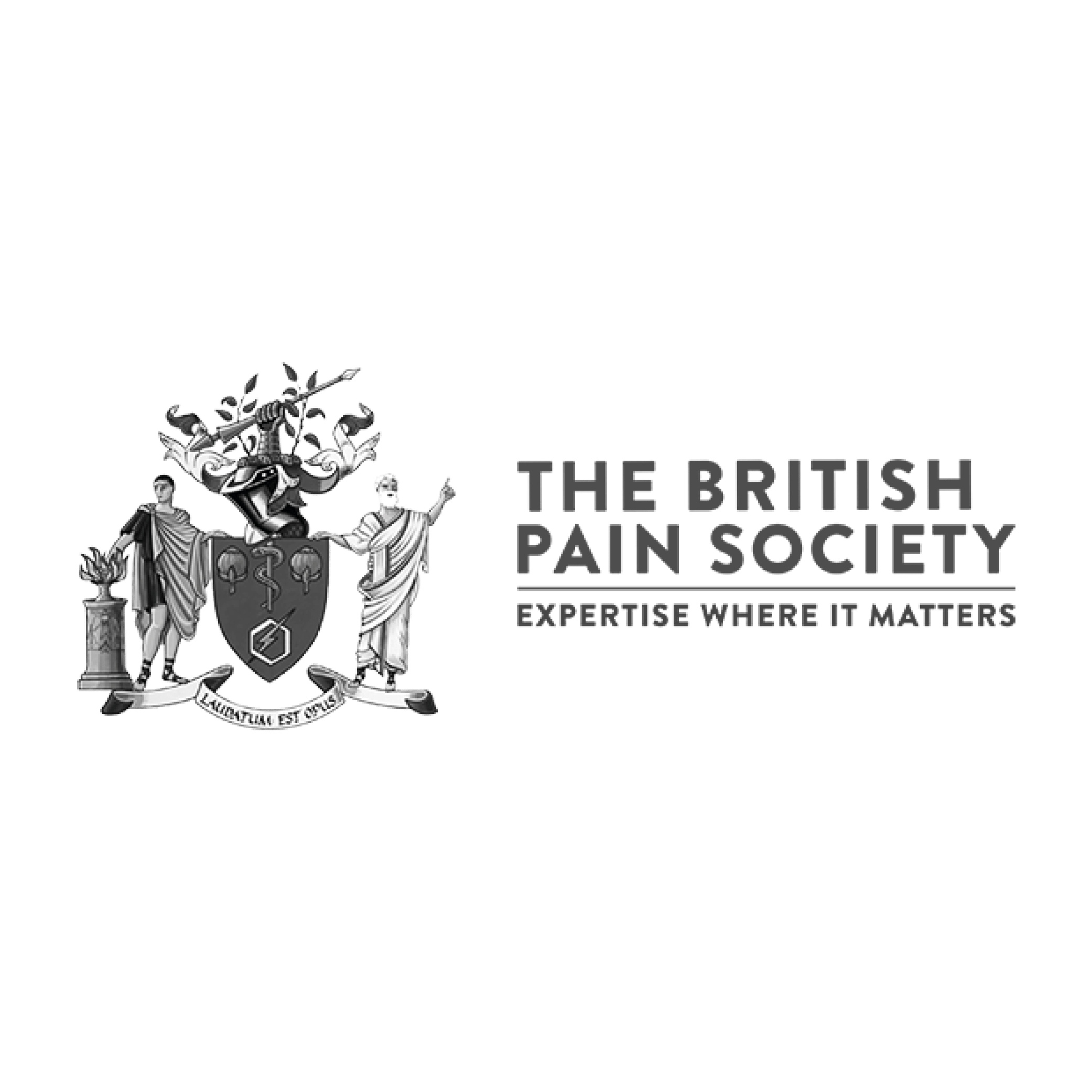Fen, from Lincoln, explains how understanding her pain helped her become a Pain Survivor.
Gaining an understanding of persistent pain can be a long and difficult journey.
Life with persistent pain for me used to be one of anger and depression. It seemed so unfair. And annoyingly, there wasn’t a great big gaping wound for everyone to see how much I was hurting. People would tell me that I looked well, but this only caused me to question my sanity. I felt people didn’t believe that I really was in that much pain.
I felt I had to justify everything I did, especially on those rare ‘good days’ when I had just a little less pain and a bit more energy. I felt guilty if I’d managed to hang the washing out or do some gardening because ‘surely I couldn’t be that bad if I could do that’.
Being in constant pain was a lonely experience.
Even though I was surrounded by loved ones I still felt alone and helpless. I began to isolate myself because everything was such a massive effort. It was just me and my pain – no one else understood.
I felt I had nothing to say so didn’t see the point in going to family occasions, planning a holiday, enjoying my hobbies or even talking to anyone; I was only my pain after all. No one wanted to hear me whingeing about how much I hurt all the time, how many tablets I had to take or the nasty side effects they caused.
It didn’t take long before I truly became a victim of my pain.
Staying in my pyjamas all day, lying on the sofa, staring at the ceiling and feeling sorry for myself. I became a bystander in my own life; a miserable shadow of my former self. The pain had stolen my identity, my purpose, my enthusiasm, my job and my joy. I existed like this for years and sometimes I’d slip back into this ‘pain victim’ mode.
I now consider myself a pain survivor. I cannot accurately pinpoint when I decided I no longer wanted to be a victim of my pain but I’d decided what I didn’t want to do: I didn’t want to join in with others in the pain clinic waiting room who appeared to be having a verbal competition as to who was in the most pain and on the strongest opioids.
I didn’t want to have another 17 injections of Kenalog across my trapezius muscles every six months because the ‘relief’ only lasted 3 weeks and didn’t really help. I didn’t want the Lidocaine infusions that made my legs feel leaden.
I didn’t want to feel like an opioid zombie; permanently in a brain fog and having difficulty articulating even the simplest of sentences. I didn’t want to be told by the pain specialist that because I was not responding to their drug/infusion/injection programme I was being discharged. I didn’t want to try another course of anti-depressants because they didn’t solve the pain.
I didn’t want to be pitied by friends or condescended to by clinicians. I didn’t want to spend another year on the sofa, looking out at a tree and watching the seasons change.
I wanted my life back.
I began by trying to understand the patterns of my pain, fatigue, insomnia and depressive episodes. I realised that certain triggers worsened my mental and physical health. I learnt to recognise and overcome the triggers so they didn’t stop me in my tracks again. I learnt that actually making plans to do small stuff gave me a purpose; instead of ignoring the utility bills and unanswered correspondence, getting them sorted out reduced my anxiety.
I learnt that getting outside for even a short walk or doing a bit of simple gardening changed my whole perspective. I realised that if my mind was fully focused on something I enjoyed, my
pain seemed less severe.
I realised that some forms of exercise were actually helpful, not harmful.
Sometimes I would pay for walking too far or overdoing the gardening with new aches and stiffness the next day, but that soon passed after some rest.
I became more aware of how my body reacted to my state of mind and vice versa. I realised that the massive cocktail of various medications I was taking was making me worse, not better.
I realised that if I wanted a different type of pain management support I had the right to ask for it. I realised that if someone said I looked well I should take it as a compliment because I didn’t have to explain to everyone that I was in pain to justify my
existence.
I understood that I had a choice of how I could live my life.
I learnt that pain wasn’t my enemy; I made friends with it and treated it with kindness. I accepted it, stopped trying to fight it and began to work with it. Eventually, I began to understand that I had some control over what I was feeling and why. Understanding that I was the person in charge of my pain helped me manage it better. I now choose to be a survivor of pain.
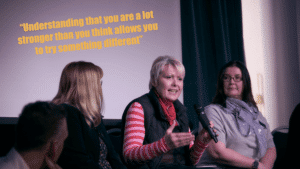
The pain had stolen my identity, my purpose, my enthusiasm, my job and my joy.



